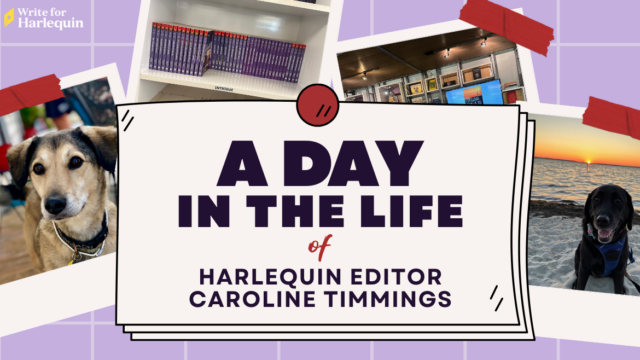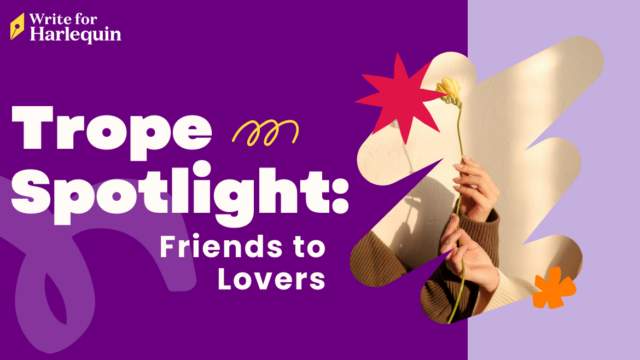 By Patience Bloom (from her blog)
By Patience Bloom (from her blog)
It happens to every romance writer. You have a polished piece of work in front of you, but you feel something isn’t quite right. Maybe you should go over it one more time. Maybe the editor will love it even though you kind of don’t. Does love matter if your book has great potential to sell? That’s a rhetorical question, of course. Maybe you love your book but can’t let go of it. There are so many maybes, so many unknowns in this precarious world of writing romance. Half the fun is the process, right?
Chances are, if you aren’t wild about your story, an editor won’t be either. Here are a few red flags you should address immediately.
You get bored while proofreading.
You’ve read this story a million times but your attention starts to drift around Chapter 4 and so you skip a few pages to get to the juicy part. Warning sign! Your reader will want to skip as well. Do something radical and cut those skippable pages. Think of an even more fantastic event to occur to keep the reader’s attention. Throw a monkey wrench into those wonderful plans you had for your story.
You don’t care that much about your hero and heroine.
Sally Smith and Matt Steel are nice people but you’re not wild about them. You might snicker behind their backs about how perfect they are. If your characters feel flat and uninteresting, we won’t like them either and will feel they are mannequins brushing up against each other for 250 pages. Consider what makes a person so fascinating. Who captures your interest in a powerful way? What are the qualities that you admire most? Or meditate more on those characters speaking in your head.
You beat around the bush.
Does the heroine really have to learn a new baby blanket pattern before she joins forces with the detective assigned to find her missing child? Do they have to make love before embarking on a mission to foil an arms deal? Some novelists can weave in those details seamlessly. If you want your characters to dine on a sumptuous dinner of mushroom risotto and duck confit salad, be sure that the meal adds to the story instead of delaying it.
Your characters are Chatty Cathys.
Matt and Sally just go on and on because writing dialogue is easy. It fills up pages. You watch a lot of movies and you just know dialogue. Witty banter can make a romance. Look at Hugh Grant–so good with the wit in romantic comedies, but it only is fun on screen. In a novel, make your conversation count.
Your eyes hurt and you have “screen nausea” from staring at the computer.
It won’t help your book if you feel like you’re going to throw up on your computer. You need a break. You have a hundred pages to proof, are on a deadline but, you know, nothing is so important that you can’t take a day away from your work. Go for a walk. Eat chocolate and indulge in a guilty pleasure. Do something that has nothing to do with your manuscript. You’ll come back fresher and ready to tackle that last bit.
So your story has a few problems. Whose doesn’t? As cliché as it may sound, it’s important for you to trust your instincts. If you didn’t trust them, you wouldn’t write. You write because you know you have a story and now it’s time for you to communicate it in the best possible way. Trust your gut, keep writing, tackle what you know deep down doesn’t work, take a break, and think about the joy a reader will get from reading your work. If you keep these tips in mind, you are well on your way. Happy writing!




